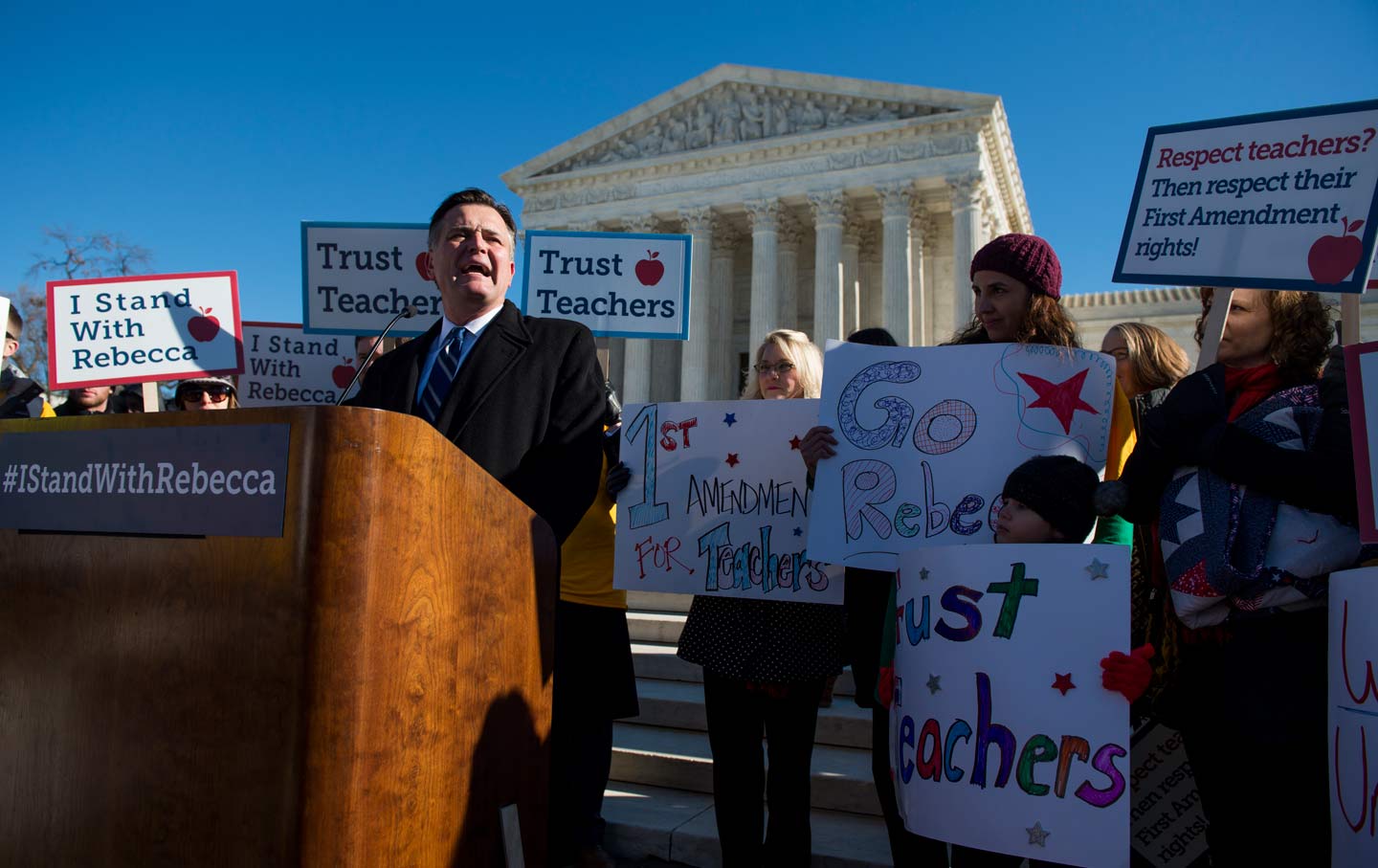OVERTIME: Labor Stories of the Week (Feb 12, 2016)
Posted in In the News | Tagged Friedrichs, Hedge Clippers, Islamophobia, Layoffs, Muslims, Overtime, Paid Family Leave, Slave Labor, Strike, Strikes, Uber
Celebrate your love for worker justice this Valentine’s Day weekend by catching up on some of the week’s best labor stories!
Our nation’s capital, a haven for low-income workers? DC edges closer to adopting the nation’s most generous paid family leave policy (new window), which would allow employees to take 12 weeks of to care for a child or sick family member.
Muslims lose jobs over daily prayer. Cole Strangler sheds light a troubling trend in the manufacturing sector: Muslim employees are increasingly being forced to choose between their faith and livelihood (new window).
Ibrahim Mohemmed feels like his faith cost him his job. The 31-year-old immigrant from Somalia used to work the second shift on the assembly line at Ariens Co., earning $12.75 an hour to help piece together snowblowers and lawn mowers. Like many of the Somali production workers at the Brillion, Wisconsin, company — the self-proclaimed “King of Snow” — Mohemmed is a devout Muslim. In accordance with his religious views, he prays five times a day.
“We have a prayer schedule,” he said. “I don’t make it. You don’t make it. It comes from God.”
How is this still a thing? The Senate moved to close an 85-year-old loophole that allows U.S. companies to import goods made from slave labor (new window) when it is impossible to produce it domestically.
Strike together for the kids! All across the country, teachers striking to protect the right of each child to a great education (new window) in a safe learning environment. Let’s remember that next time they are portrayed as greedy by the media.
The college-to-hedge-fund pipeline. A Hedge Clippers new report featured in Bloomberg reveals that universities give billions to hedge funds in fees, and that smaller endowments lose money on their hedge fund investments (new window).
The next labor frontier in academia? A thoughtful analysis of the legal, financial, and political implications of graduate student organizing at Harvard University (new window) and beyond.
Union Dues and Don’ts. Commonweal writes about how Catholic social teaching (new window) informs our understanding of the Friedrichs assault on the right to collective bargaining.
Surge for scabs. Buzzfeed describes how Uber’s surge pricing is a built-in feature that undermines driver protest (new window) or strikes.
Does Labor Deserve Its Downfall? The Nation dishes blame and contemplates solutions (new window).
There is a better way. The most important remaining goal for legacy unions is to create new forms of worker power for a new century’s economy and workforce. Doing so will require risk and experimentation, and the creation of bold, public, morally compelling demands on capital and government, like the eight-hour day movement a century ago and today’s fight for $15 per hour. New organizational models and platforms must carry forward the DNA of our old enterprise bargaining system by developing the power to significantly raise wages, touch tens of millions of American workers across the economy, and create a sustainable revenue model that is independent of philanthropy.”
And a powerful reminder of the human cost of globalization. A video captured the surreal moment (new window) Carrier announced to its employees at an Indianapolis plant that they would be moving production to Mexico.

